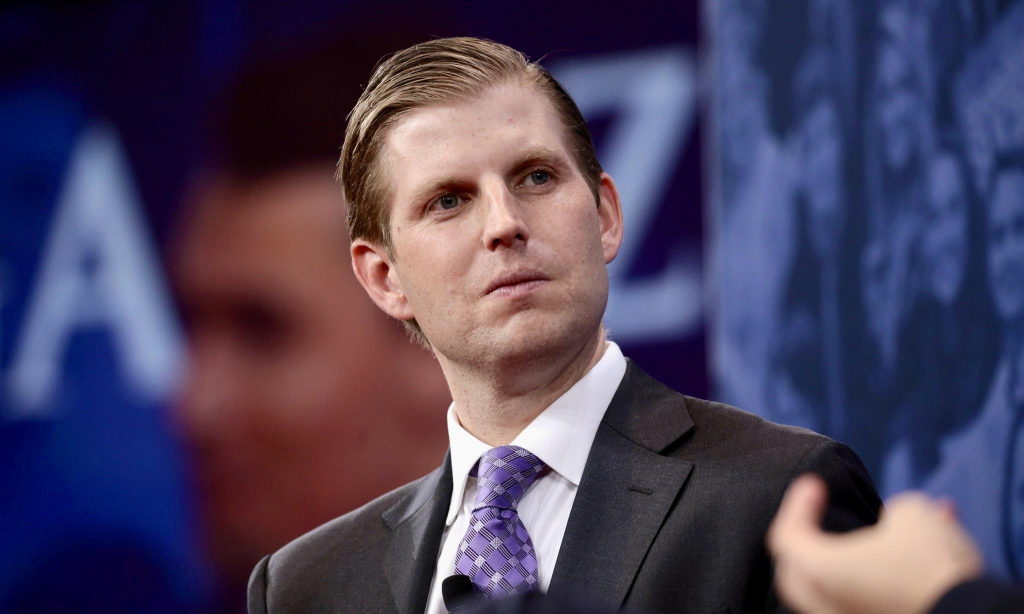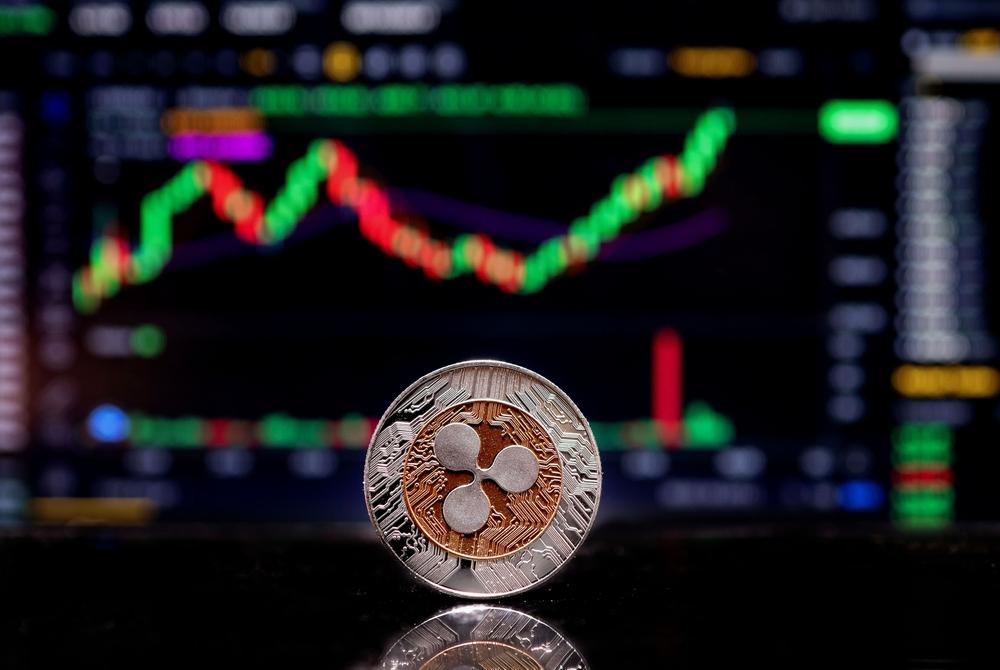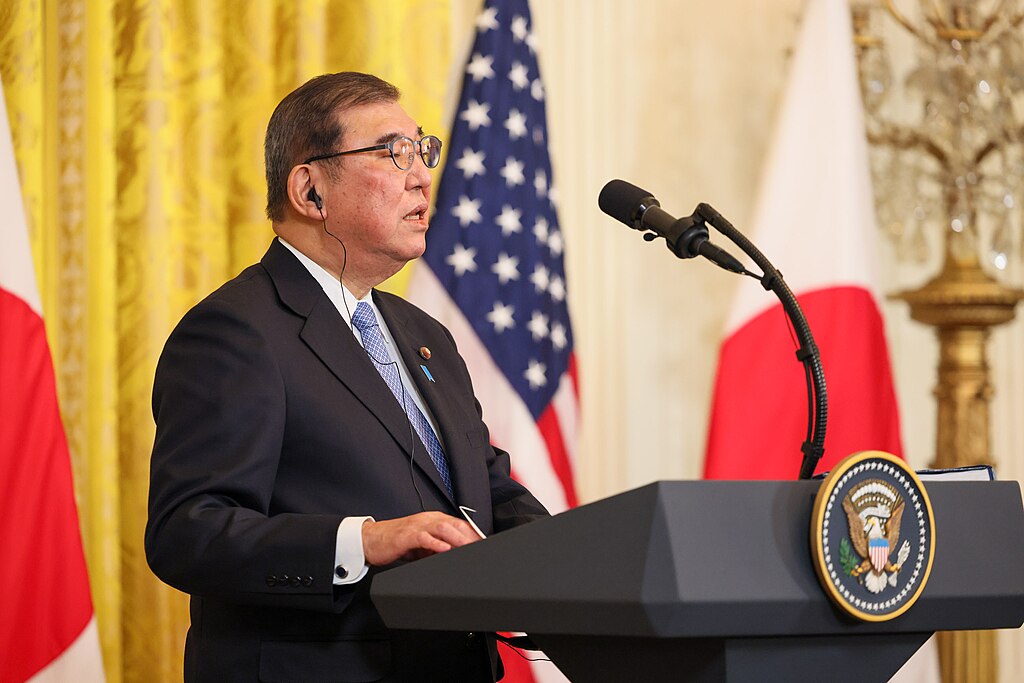Federal Reserve Chair Jerome Powell is under mounting political pressure as a powerful coalition led by President Donald Trump, FHFA Director Bill Pulte, and several Republican lawmakers ramps up calls for his resignation. Powell, whose term runs through May 2026, is accused of policy missteps, political bias, and misleading Congress over the Fed’s $2.5 billion headquarters renovation.
Trump, who originally nominated Powell in 2017, renewed his attacks following his 2024 re-election, accusing Powell of costing the economy “hundreds of billions” by keeping rates high. On social media, Trump demanded Powell’s immediate resignation, while suggesting potential successors like Kevin Warsh or Christopher Waller. Pulte echoed these sentiments, alleging Powell's high-rate policy is harming the housing market and calling his June 25 Senate testimony deceptive. Senators Cynthia Lummis, Rick Scott, and Tommy Tuberville have joined the chorus, slamming Powell’s leadership as fiscally irresponsible and inflation-inducing.
Treasury Secretary Scott Bessent, aligned with the Trump administration’s stance, has advised against firing Powell outright due to potential market turmoil but supports replacing him when his term ends in 2026. Meanwhile, House Judiciary Chair Jim Jordan signaled potential congressional oversight into Powell’s actions, citing constitutional responsibilities.
Despite these attacks, Powell remains protected by law, which requires cause for removal. At the June 18 FOMC meeting, he defended the current 4.25%–4.5% interest rate as necessary to combat inflation risks stemming from Trump’s tariffs, projecting a 2025 PCE inflation rate of 3%. Powell emphasized his commitment to data-driven policy and maintaining inflation expectations at 2%.
While Powell retains legal authority, growing political resistance could undermine his influence, effectively making him a lame duck. The escalating campaign raises serious concerns about the future of Fed independence.



























Comment 0